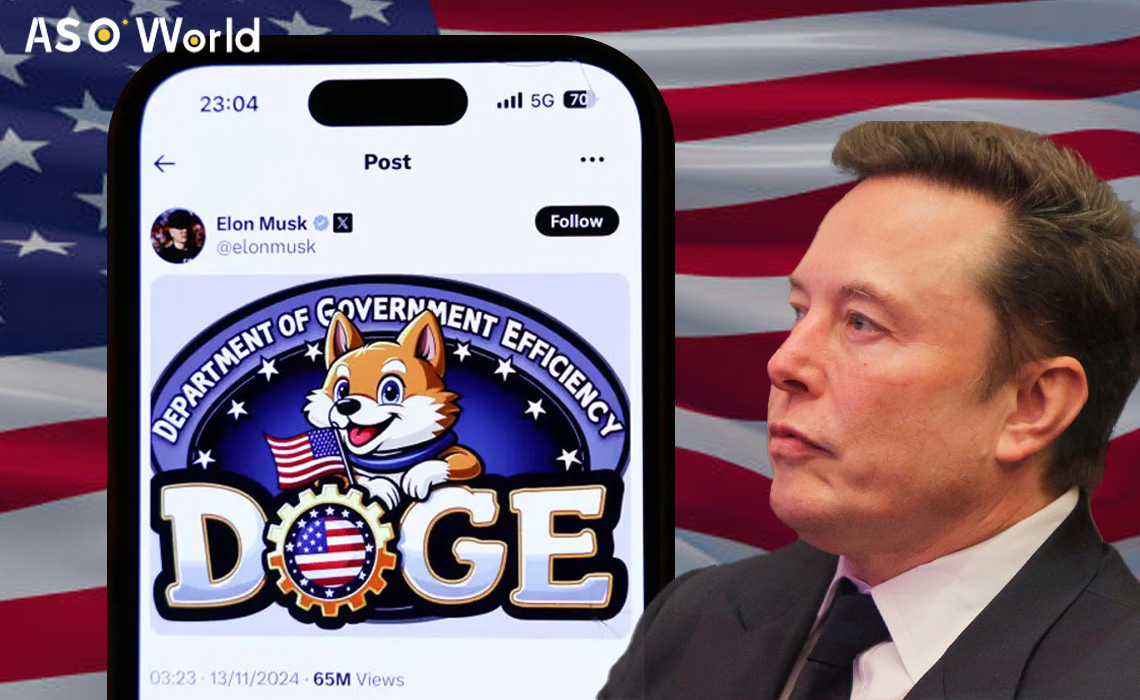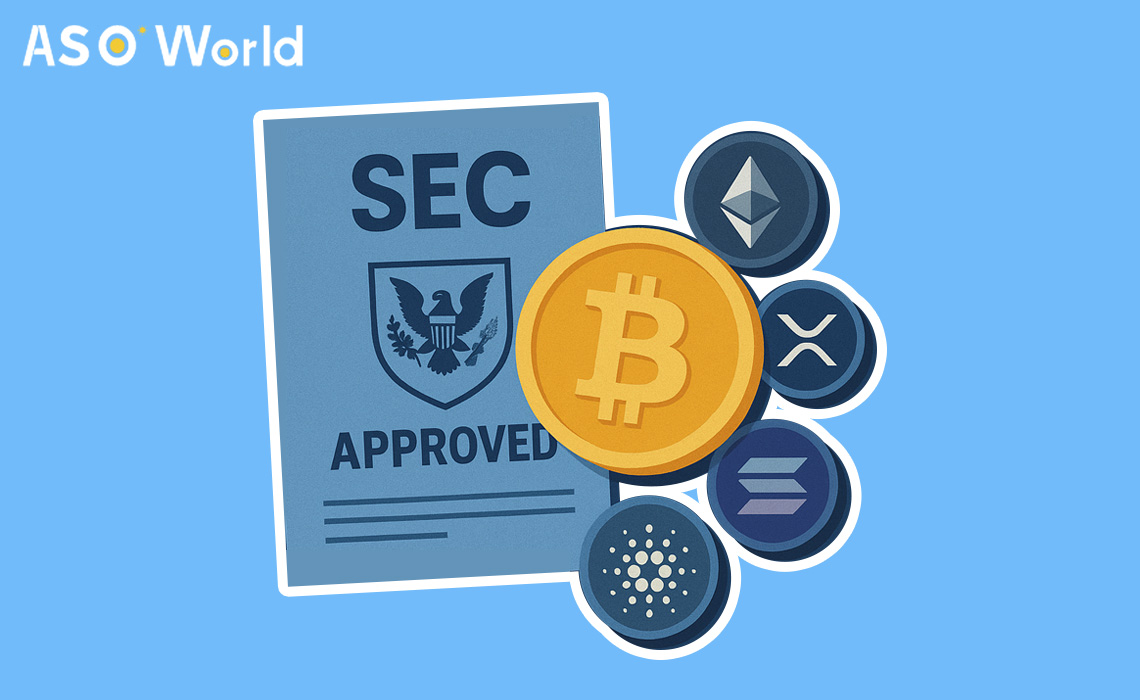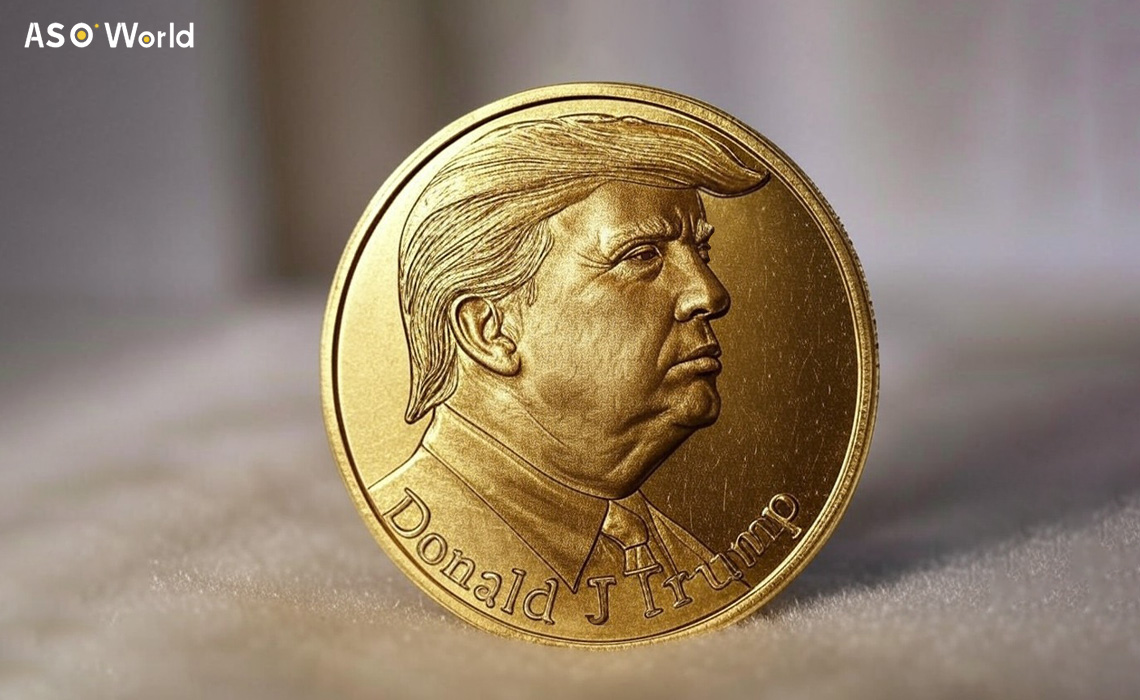The leaders of President-elect Donald Trump’s newly formed "Department of Government Efficiency" (DOGE) are exploring the possibility of creating a mobile app for Americans to file their taxes for free with the Internal Revenue Service (IRS).
This proposal was discussed in private conversations, according to individuals familiar with the matter who spoke on the condition of anonymity.
Mandates and Potential Initiatives
Objectives of the DOGE Panel
Appointed by Trump, billionaire Elon Musk and former pharmaceutical executive Vivek Ramaswamy head the DOGE panel, tasked with two primary objectives: reducing government spending and cutting federal regulations. As part of these efforts, the panel is considering innovative ways to streamline government processes, including the tax filing system.
Mobile App for Tax Filing
The concept of a mobile app for tax filing is seen as a potential method to enhance the interaction between taxpayers and the federal government. While not a central focus of the commission’s work, the idea represents an opportunity to modernize and simplify the tax filing process for millions of Americans. However, the specifics of the proposal and the form of its recommendations remain uncertain.
Implications and Considerations
Streamlining Government Services
If pursued, the mobile app initiative could significantly alter how Americans file taxes, potentially offering a more efficient and user-friendly alternative to traditional methods. This aligns with the broader goals of the DOGE panel to improve government efficiency and reduce bureaucratic hurdles.
Future Directions
While the tax filing app is not yet a definitive goal, its consideration reflects the panel's openness to leveraging technology to meet its mandates. The outcome of these discussions could lead to recommendations that influence future policy decisions regarding government efficiency and taxpayer services.
Editor's Comments
The exploration of a free tax filing app by Trump's efficiency panel underscores a growing trend towards digitizing government services. While the initiative is still in its conceptual stages, it highlights the potential for technology to transform public interactions with federal agencies.
The involvement of high-profile leaders like Musk and Ramaswamy suggests a willingness to embrace innovative solutions, though the practicalities of implementation will require careful consideration.




